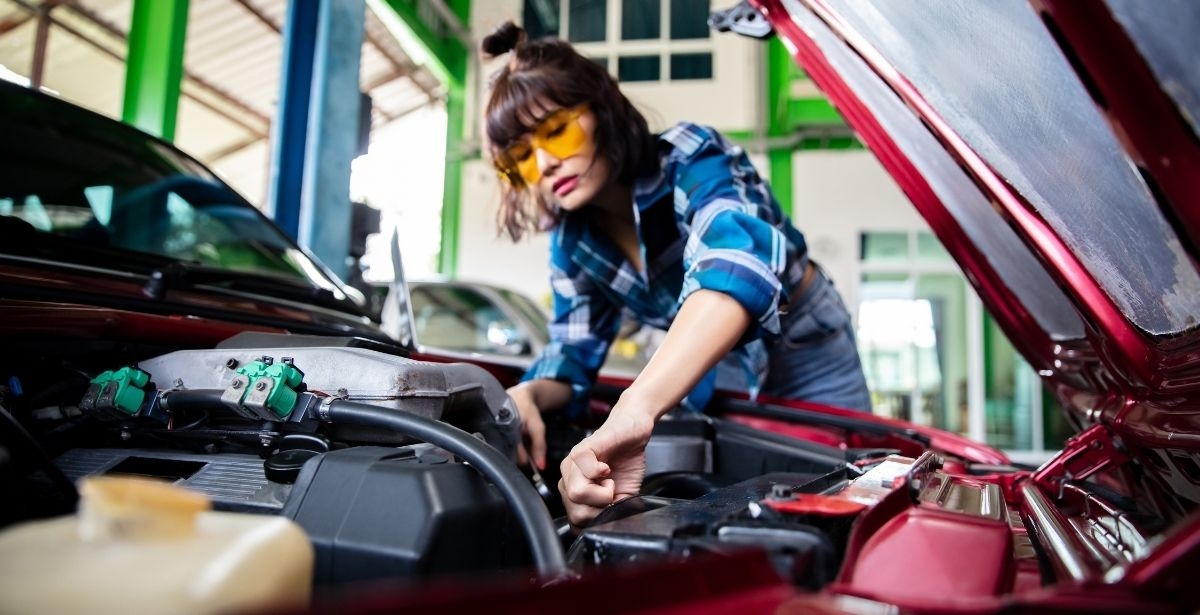An overheating vehicle is a severe problem that can cause engine damages if not addressed quickly. Whether you're embeded web traffic or driving on the highway, it's necessary to act rapidly and securely to stop more damage to your automobile. When your cars and truck overheats can conserve you stress and anxiety, time, and money., recognizing the appropriate steps to take.
Right here's a step-by-step guide on what to do if your vehicle begins overheating:
![]()
![]()
![]()
Usual Causes of Getting Too Hot. Comprehending why your vehicle could get too hot can aid you avoid it in the future. Usual reasons include:
Low Coolant Degrees: Frequently because of leakages or disregard. Thermostat Failing: Protects against appropriate coolant circulation. Radiator Issues: Clogs or damage can minimize cooling performance. Faulty Water Pump: Fails to distribute coolant efficiently. Malfunctioning Fan: Reduces air movement across the radiator. Safety nets. Normal Maintenance: Examine coolant degrees and inspect hoses for wear throughout regular solution. Flush the Air Conditioning System: Follow your supplier's recommendations for coolant flushes. Monitor the Temperature Level Gauge: Pay attention to early warning indications like rising temperatures or control panel informs. Overheating doesn't have to cause a pricey repair if you handle it properly. By adhering to these actions and dealing with the concern quickly, you can secure your engine and ensure your car stays dependable.
Right here's a step-by-step guide on what to do if your vehicle begins overheating:

- Shut off the Ac Unit. Transform off the air conditioner quickly if you discover the temperature level scale climbing or vapor coming from the hood. Running the A/C places extra strain on the engine, which can speed up getting too hot. Instead, turn on the heating system. This aids draw heat far from the engine and may help support the temperature.
- Pull Over Safely. If the temperature remains to climb or if you see heavy steam, find a safe area to draw over and turn off the engine. Driving a getting too hot automobile even for a short distance can cause substantial damages, such as a blown head gasket or distorted engine components.
- Enable the Engine to Cool. After switching off the engine, wait at the very least 15-- half an hour for it to cool down prior to checking under the hood. Trying to open up the radiator cap or coolant reservoir while the engine is hot can cause burns from steam or warm coolant.

- Examine the Coolant Degree. As soon as the engine has actually cooled down, open up the hood and inspect the coolant level in the reservoir. If it's vacant or reduced, you can add coolant or water as a temporary remedy. This is not a permanent fix-- seek professional support as quickly as possible to recognize the root cause of the getting too hot.
- Examine for Leaks or Damages. Search for noticeable indicators of leaks, damaged hose pipes, or a damaged radiator. While you may not have the ability to detect the concern completely, detecting leakages can help a mechanic determine the trouble quicker.

- Reboot with Care. You may restart the cars and truck and drive to a neighboring repair store if the coolant level is enough and the engine has actually cooled. Maintain the rate reduced and prevent heavy acceleration to minimize strain on the engine. If the automobile gets too hot once more, pull over right away and ask for support.
Usual Causes of Getting Too Hot. Comprehending why your vehicle could get too hot can aid you avoid it in the future. Usual reasons include:
Low Coolant Degrees: Frequently because of leakages or disregard. Thermostat Failing: Protects against appropriate coolant circulation. Radiator Issues: Clogs or damage can minimize cooling performance. Faulty Water Pump: Fails to distribute coolant efficiently. Malfunctioning Fan: Reduces air movement across the radiator. Safety nets. Normal Maintenance: Examine coolant degrees and inspect hoses for wear throughout regular solution. Flush the Air Conditioning System: Follow your supplier's recommendations for coolant flushes. Monitor the Temperature Level Gauge: Pay attention to early warning indications like rising temperatures or control panel informs. Overheating doesn't have to cause a pricey repair if you handle it properly. By adhering to these actions and dealing with the concern quickly, you can secure your engine and ensure your car stays dependable.
Navigation
Home
Latest Posts
Experience Deluxe Redefined: The All-New Mazda CX-90
Published May 25, 25
2 min read
Emphasizing Innovation and Driving Experience
Published May 24, 25
2 min read
Experience Deluxe Redefined: The All-New Mazda CX-90
Published May 21, 25
1 min read